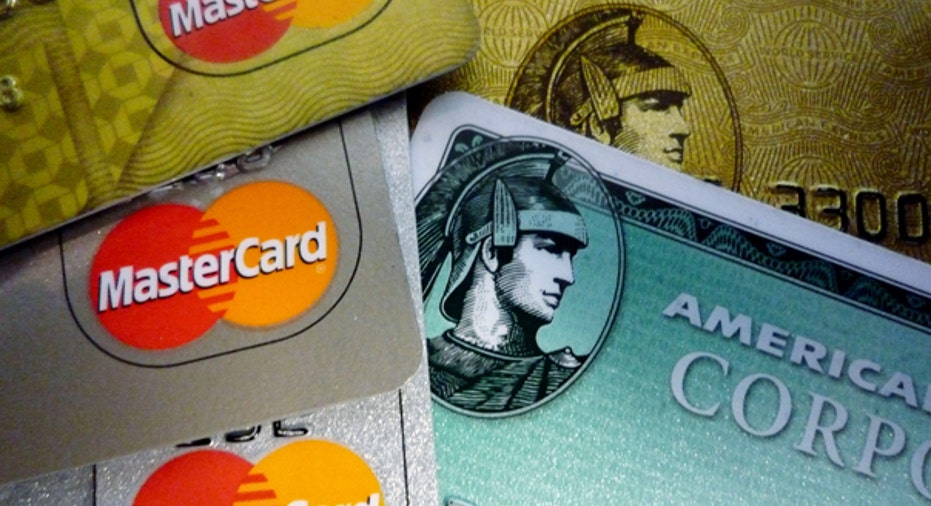Why We Make the Financially Wrong Choice When Paying Off Debts

Faced with multiple debts, what would you do? Would you:
A) Pay off the loan with the smallest balance first; or B) Pay all you can on the one with the highest interest rate?
If you answered A, you're in the majority -- and it will be more expensive because you'll pay more in interest.
If you answered B, congratulations. You'll come out ahead financially.
So why do most of us choose the costlier strategy?
A surprising academic study, "Winning the Battle but Losing the War: The Psychology of Debt Management," sheds new light on why smart people make dumb moves when paying down debt.
Here's how the researchers say it should be done: "To minimize the total amount of debt across loans, people should first pay the minimum payment for each debt (to avoid surcharges and penalties) and then use all available cash to pay down the loan with the highest interest rate. After this loan has been paid off, people should move to the loan with the next highest interest rate, and so on."
However, the study's group experiments confirmed that most of us do just the reverse: We give greater priority to low-balance accounts, regardless of their interest rates.
The researchers call this debt account aversion, an outsized concern for the number of debts as opposed to their combined cost. It's not our only fault, by the way; we also tend to divide our available income evenly across multiple accounts and fail to transfer balances from high-interest to low-interest debt accounts.
Debt account aversion held sway across three separate study groups: credit-savvy viewers of financial news channel CNBC's "Squawk on the Street" program, average Joes and Janes chosen via Amazon, and New York Times survey respondents who shared their real-life experiences juggling multiple card balances.
Even financial pros aren't immune to the seduction of debt account aversion. When 33 loan officers and bank vice presidents played a debt management game with researchers, seven of them did the wrong thing.
Debt aversion surprisingly pervasive
"It was surprising how pervasive debt account aversion is; it showed up basically everywhere we looked," says co-author Cynthia Cryder, an assistant professor of marketing at Washington University in St. Louis. "Once the bias is revealed to them, they either smack their forehead and say, 'Why didn't I see that? I'll never do that again!' or they say, 'I know I do that and I'm not exactly sure why but it definitely feels like the right thing to do.'"
Study co-author Scott Rick, an assistant professor of marketing at the University of Michigan, knows the feeling. As a college student, he chose to use a $600 stimulus check to pay off a low-interest card rather than pay down a larger, higher-interest debt.
"I felt pretty good about it at the time but not the following month when the other bill came in," he recalls. "I realized, 'Wait a minute, I should have chipped away at the larger one.'"
The study suggests several psychological reasons for our puzzling behavior:
We don't understand interest: "People have a hard time calculating what's a bad interest rate or a bad amount of debt," says Rick.Cryder. He adds, "Possibly we don't think about interest in terms of debt but only in terms of earnings."
We break tough problems into simpler ones: When we don't understand something complex such as interest and compounding, we tend to break the problem down into subgoals that we can grasp, such as our number of credit card balances. "Things that are easy to calculate get a lot of weight -- undue weight in this case," says Rick. "I think if pressed, people would not claim that this is the right thing to do, but if you're just trying to manage your limited cognitive resources, then it seems good enough."
Prospect theory: Cryder describes the Nobel Prize-winning decision-making theory by Daniel Kahneman and Amos Tversky this way: "If you take some debt amount, say $50, and you break it into two debts of $25, it feels heavier; it's psychologically more burdensome than the same amount in one debt." It therefore feels awfully tempting to blow out that low-balance debt.
The Ramsey factor: Financial guru Dave Ramsey's "debt-snowball method" specifically advocates paying off small debts first in order to build momentum to scale your debt mountain.
The study suggests that Ramsey may be "preaching to the choir" in the hope that the behaviors we're already prone toward might benefit us financially, but the researchers say that's a theory that needs testing.
"So far, we've not found any evidence for momentum or therapeutic benefits," says Rick. "A truly fair test of the Ramsey momentum claim is where people have a chance to go out and accumulate new debt. We can't fully test the momentum claim in our studies because we didn't give people a chance to shop. There might be spending benefits and psychological benefits to it. That's what we'll try to answer in follow-up research."
The study also suggests a solution: Because it's tempting to pay off small debts, don't have any. Survey subjects did better in paying off debt when they consolidated several small debts into a single, larger debt. "...[B]y eliminating consumers' ability to repay small debts, debt consolidation seems to help refocus attention on the overarching goal of reducing total debt," the researchers wrote.
Bottom line: If you're juggling multiple card debts, the wisest approach is to work from high-interest account to low, but be sure to make minimum payments on all accounts to avoid fees.



















